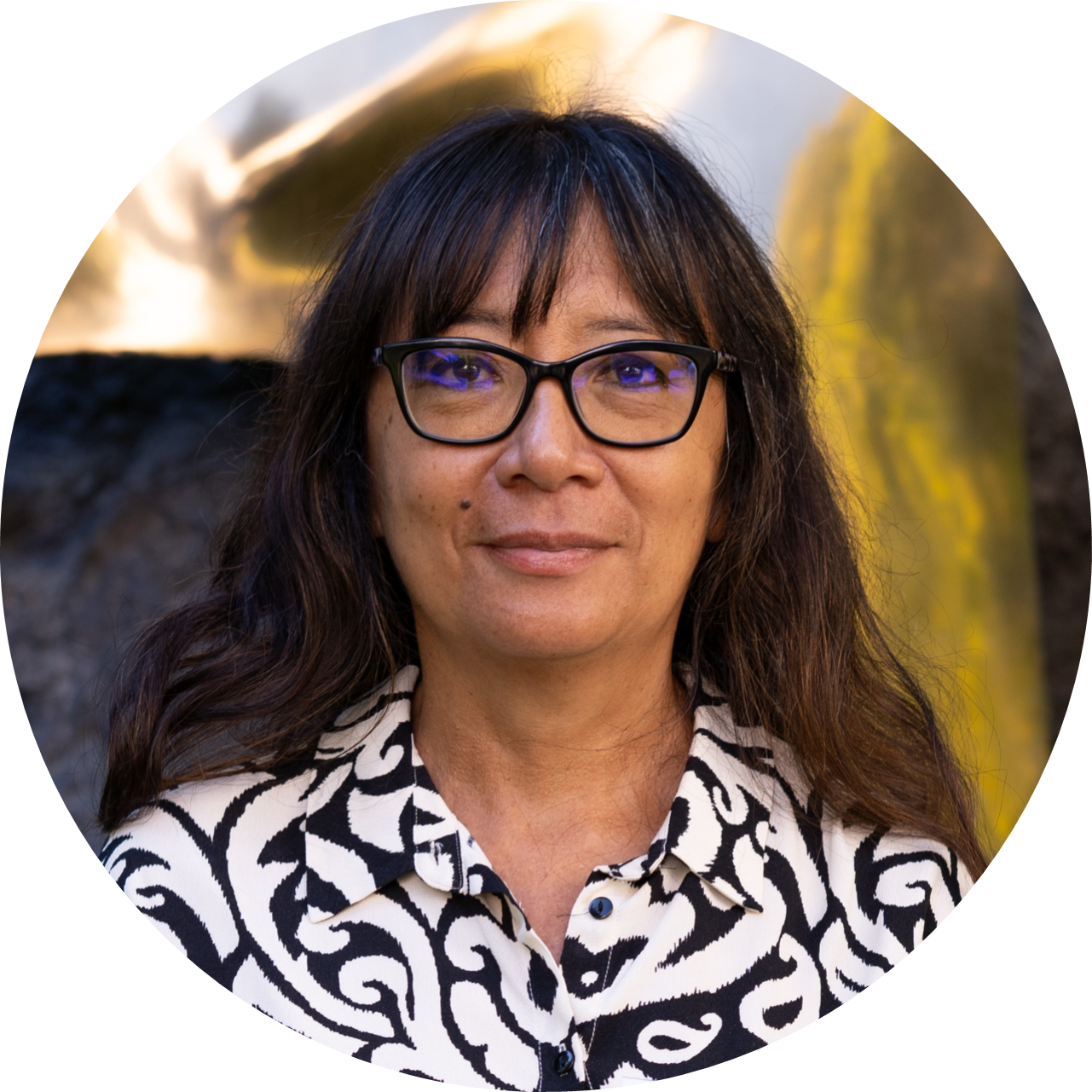According to the World Health Organization (WHO), vector-borne diseases account for more than 17% of all infectious diseases, causing more than 700,000 deaths annually.
Vectors
Vectors are living organisms that can transmit infectious pathogens between humans, or from animals to humans. Many of these vectors are bloodsucking insects, which ingest disease-producing microorganisms during a blood meal from an infected host – human or animal – and later transmit it into a new host, after the pathogen has replicated. Often, once a vector becomes infectious, they are capable of transmitting the pathogen for the rest of their life during each subsequent bite/blood meal.
Vector-Borne Diseases
Vector-borne diseases are human illnesses caused by parasites, viruses and bacteria that are transmitted by vectors. Every year there are more than 700,000 deaths from diseases such as malaria, dengue, schistosomiasis, human African trypanosomiasis, leishmaniasis, Chagas disease, yellow fever, Japanese encephalitis and onchocerciasis.
This week, the OMI was fortunate to have hosted some of the world’s top experts in the field, a well-rounded group of faculty from the Insitut Pasteur, coming from various countries worldwide. Anna-Bella Failloux, PhD (France) served as the course director for the week. Stéphanie Blandin, PhD (France), Sarah Bonnet, PhD (France), Cyril Caminade, PhD (Italy), Simon Cauchemez, PhD (France), Mawlouth Diallo, PhD, HDR (Senegal), Claire Garros, PhD (France), Jérémie Gilles, PhD (France), Anne Lavergne, PhD, HDR (French Guyana), Petr Volf, PhD (Czech Republic), Charles Wondji, PhD (remote from Cameroon), and Stéphan Zientara, DVM, PhD, HDR (France) completed the international faculty.

Anna-Bella Failloux, PhD
OMI Course Director
I am always happy to contribute to increase knowledge on vector-borne diseases for OMI fellows. Having 31 students from 25 countries is an incredible chance for scientists like me who dedicate their career to vector-borne diseases, which require the contribution of all disciplines to better understand their functioning and design adapted control measures. In a changing world that must face growing epidemic episodes associated with globalization and aggravated by climate change, it is very timely to train the scientists of the future.
An informative and dynamic schedule was created for the fellows, which comprised of 21 lectures such as Arthropod-Borne Viruses, Malaria Transmission, Strategies to Control Biting Midges, Tick and Pathogen Transmission, Climate Change and VBD, Alternative Methods of Vector Control, and more. In addition, three round tables took place, which focused on Protecting Biodiversity to Prevent New Emerging Infectious Diseases, Predict Emergences of Vector-Borne Disease, and the Impact of Climate Change and Human Activities on Vector-Borne Diseases.
- 31 fellows
- 25 countries
- 3 round tables
Wednesday afternoon allowed faculty and fellows to take a break from academics and have time for sightseeing, rest, and to get acquainted with the local Austrian culture. On Thursday evening, the fellows were treated to a classical music concert at Schloss Arenberg, and Friday evening concluded the course with the graduation ceremony. We are grateful to the Institut Pasteur for their continued partnership in spreading global health education worldwide!
About the Institut Pasteur
The Institut Pasteur was founded in 1822 by chemist Louis Pasteur in Paris, France. It is a multidisciplinary institute with 12 research departments and an education center at the forefront of scientific innovation which has won 10 Nobel prizes. The Pasteur Network is a worldwide network of 33 members, among five continents and 25 countries, united by Pasteurian values which contribute to the improvement of global health and are an incredible asset in fighting infectious diseases worldwide.















